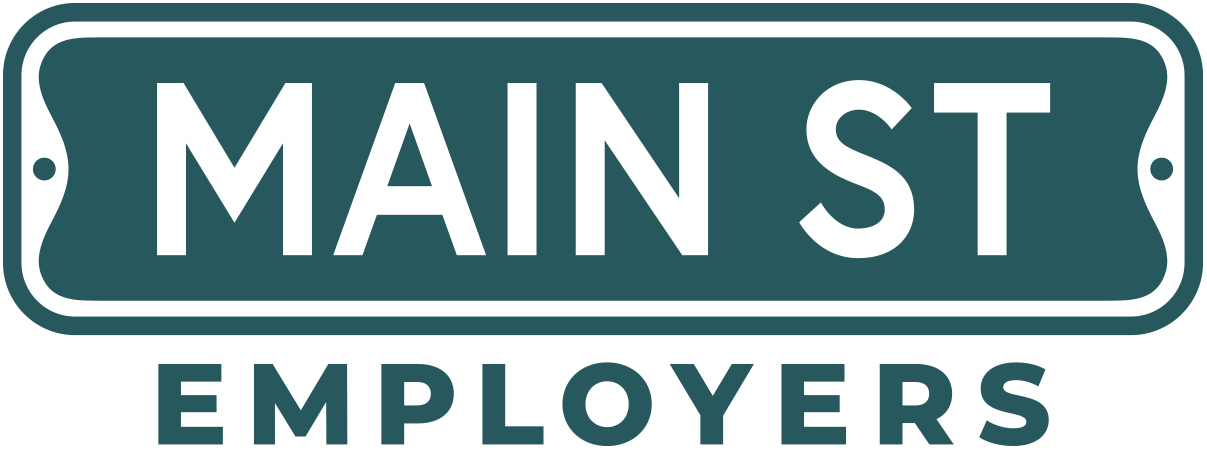Main Street Supports New Taxpayer Protection Legislation
The Main Street Employers Coalition joined with over 40 national organizations in support of H.R. 23, the Family and Small Business Taxpayer Protection Act. The bill would rescind billions in questionable funding enacted in 2022 by the previous congress which…
